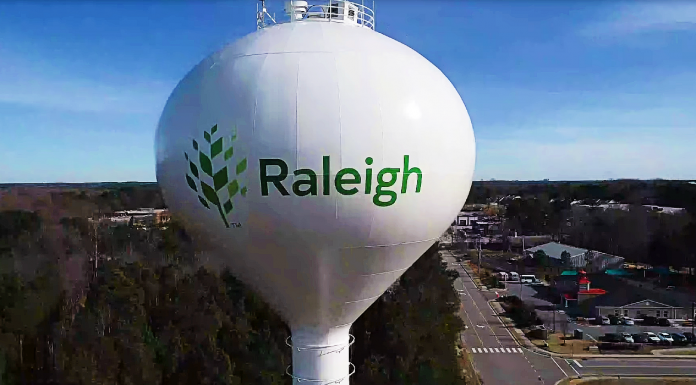The Raleigh, NC, municipal government has tied promotions for city workers to their COVID-19 vaccination status and promised that unvaccinated workers—including police officers and firefighters—will never be promoted, WRAL reported.
North Carolina‘s capital has given city employees until the year’s end to receive the vaccine or face permanent immobility in their jobs.
The vaccine mandate will affect about 4,000 workers, but about two-thirds of Raleigh’s employees have already been fully vaccinated.
Before threatening a promotion freeze for unvaccinated employees, Raleigh was offering vaccine incentives, but they expire on Friday, Sept. 17.
City employees received $250 and two days of paid vacation for getting their COVID-19 shots.
Rick Armstrong, spokesman for the Raleigh Police Protective Association, which belongs to Teamsters Local 391, said the promotion freeze affects more than a person’s job title.
“Holding promotions over people’s heads is a pretty big deal because that’s, that’s financial, that’s your salary,” said Armstrong, whose organization represents most Raleigh police officers.
“The city police [department] does not require a vaccine to be promoted, and they have made that requirement without implementing … a policy,” Armstrong said. “So, I know there are what I believe to be valid grievances being filed on this particular requirement.”
The Raleigh Police Department did not decide independently to tie COVID-19 vaccinations to promotions, but it must follow the city government’s directives.
Armstrong said there is resistance to the shots among police officers.
“I’ve been vaccinated, and I support people getting vaccinated, but I also do not agree at all with a mandate,” he said. “The city, I think, is going about ways to try to force our members and their employees to get these vaccines that a lot of them are just—just don’t feel comfortable getting.”
Raleigh claims it will accept medical and religious accommodation requests from employees.
Armstrong said the vaccine mandate’s connection to promotions does not make sense from a public-health perspective because higher-ranking employees often do more office work.
“When you get promoted, you’re less likely to be in contact with the public,” he said.
“The people that are on the streets are most likely to be the rank-and-file and the ones that are going to be in contact with the public, so that doesn’t really make a lot of sense,” he continued. “There’s a lot of other ways the city can go about this, and this is not really the most, the most effective way.”

